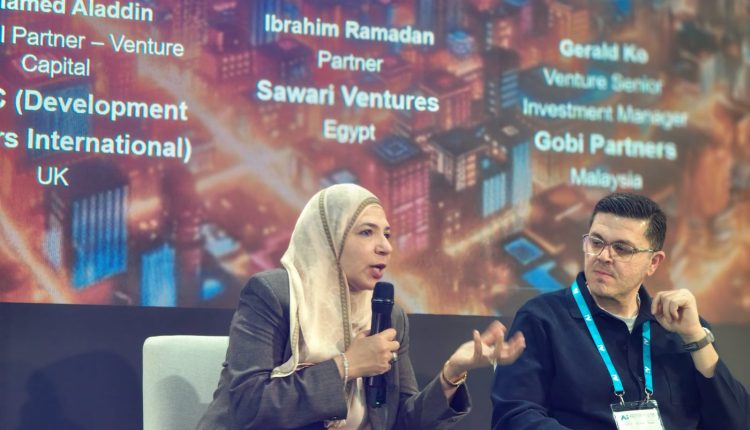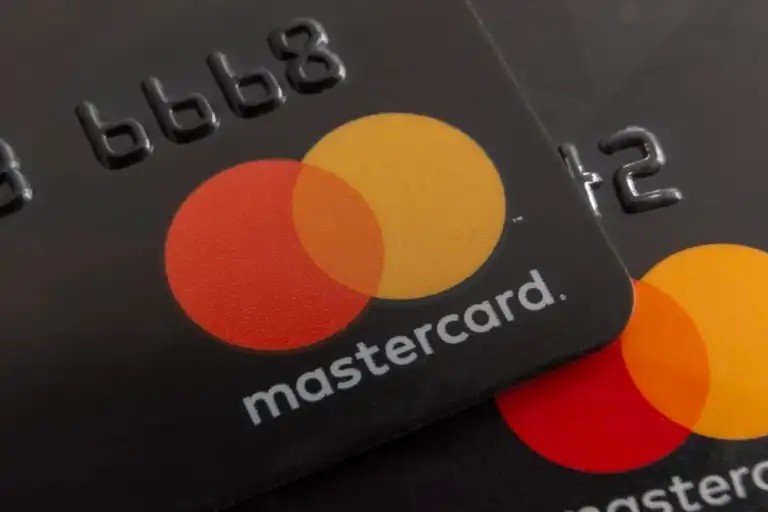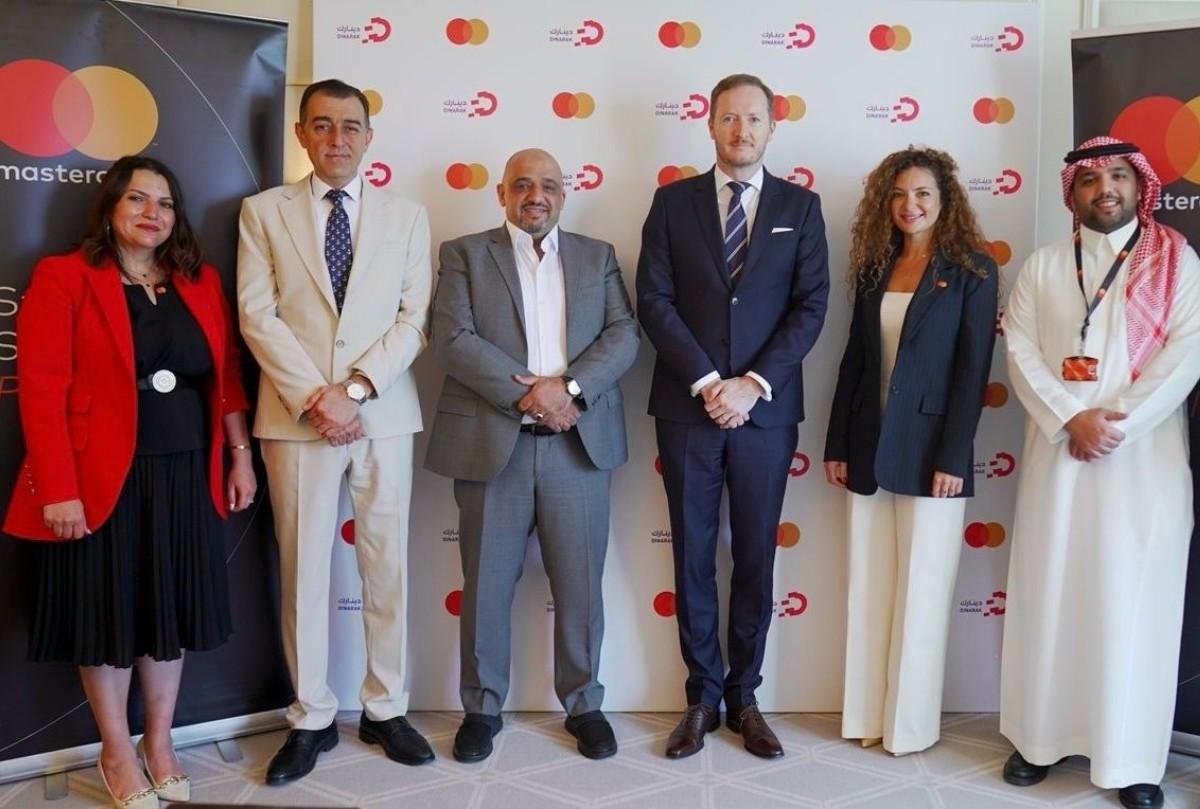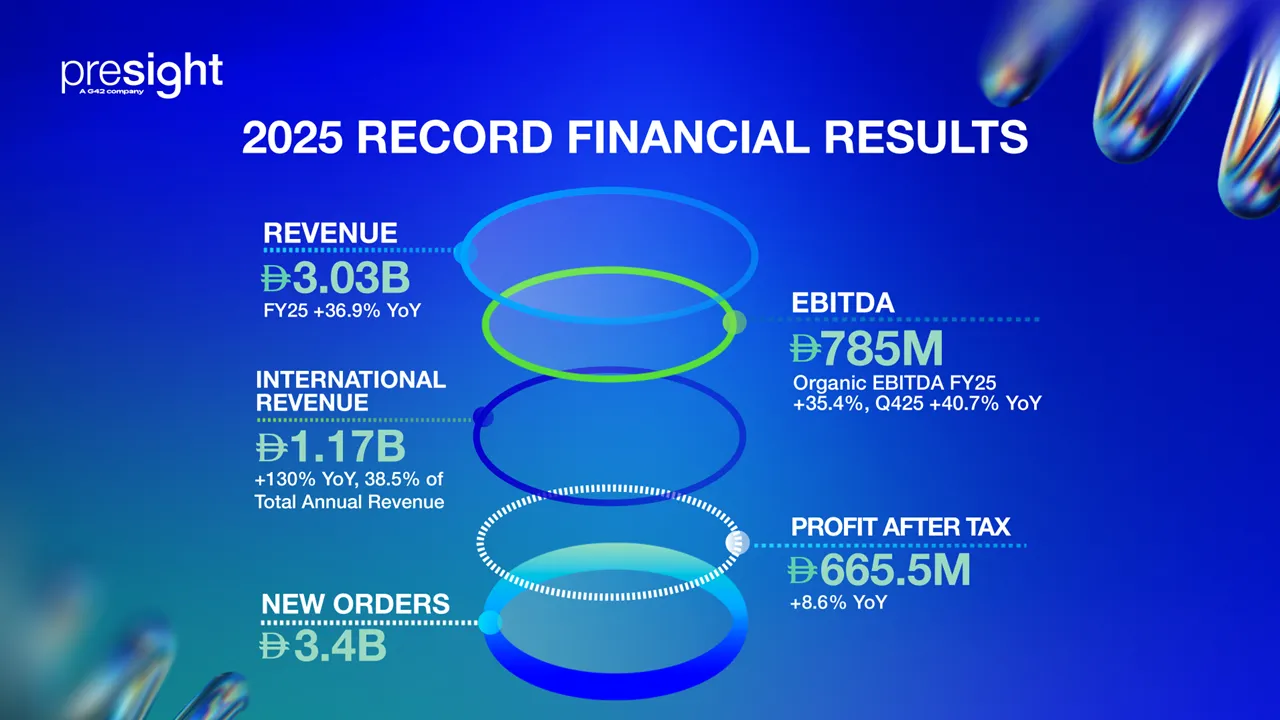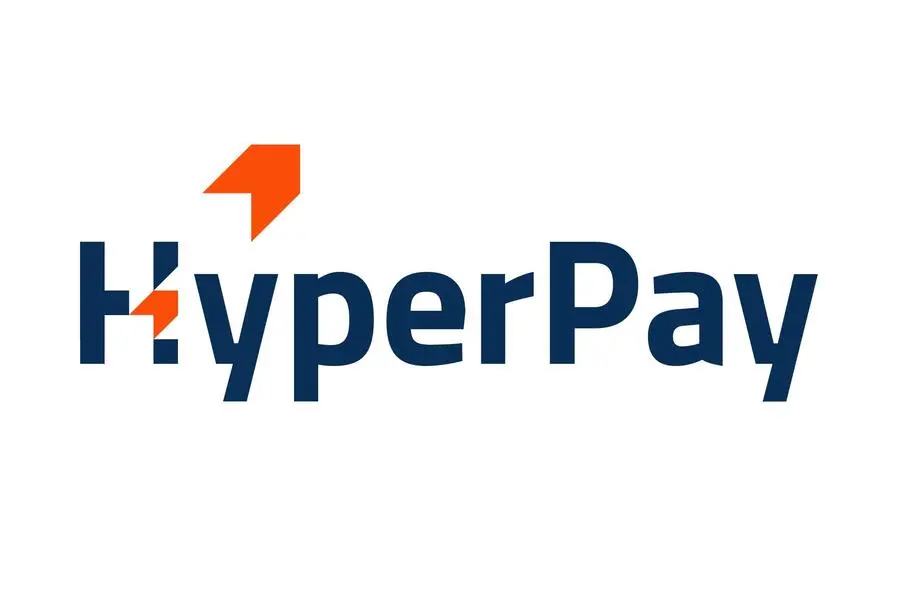Kashat, Egypt’s pioneering nanolending mobile application, has announced a landmark strategic partnership with Mastercard, a global leader in payment technology. This collaboration is set to significantly accelerate financial inclusion and digitize financial services across Egypt and the broader Middle East and North Africa (MENA) region. For Kashat, this alliance represents a pivotal moment, leveraging Mastercard’s extensive network and technological prowess to expand its reach and enhance its offerings to underserved populations, particularly focusing on empowering women and driving economic growth through digital financial solutions.
By the Numbers: Kashat’s Impact and Reach
- Over 1.5 million app downloads since its inception.
- Boasts 500,000 active users leveraging its innovative financial services.
- A significant portion of its customer base, over 70%, comprises women, highlighting its role in female economic empowerment.
Expanding Digital Horizons for the Underserved
Through this strategic partnership, Kashat is set to deepen its impact on financial inclusion in Egypt. The collaboration will enable Kashat to digitize a broader spectrum of financial disbursements, moving away from traditional cash-based transactions. This shift is crucial for fostering a more inclusive digital economy, providing seamless access to financial services for individuals who have historically been excluded from formal banking systems. For Kashat, this means an enhanced ability to serve its growing user base with greater efficiency and security.
Leveraging Synergies for Enhanced Financial Access
This alliance harnesses the unique strengths of both entities. Kashat brings to the table its deep understanding of the local market, its agile nanolending technology, and a proven track record of reaching the unbanked and underbanked segments. Mastercard, in turn, provides its unparalleled global payment network, advanced security infrastructure, and expertise in developing scalable financial solutions. This synergy will empower Kashat to expand its range of services, potentially including digital payment solutions, innovative lending products, and a broader array of financial tools designed to meet the specific needs of its diverse customer base.
Kashat’s Vision for Financial Empowerment
Since its founding, Kashat has been driven by a mission to provide accessible and convenient financial solutions, particularly for those with limited access to traditional credit. Its innovative approach to micro-lending via a mobile application has already made significant strides in empowering individuals and small businesses. This partnership with Mastercard will not only amplify Kashat’s reach but also solidify its position as a transformative force in Egypt’s fintech landscape, enabling it to offer more comprehensive and integrated financial services that truly cater to the evolving needs of its users.
About Kashat
Kashat is an Egyptian fintech startup that offers instant, small, short-term loans through a mobile application. Launched in 2020, it was the first nanolending platform in Egypt, quickly establishing itself as a vital service for individuals in need of quick, accessible financial assistance, particularly those operating outside the formal financial sector. Kashat’s commitment to leveraging technology for financial inclusion has made it a key player in the region’s burgeoning fintech ecosystem.
Looking Ahead
This strategic partnership marks a significant milestone for Kashat and for financial inclusion efforts across MENA. By combining Kashat’s innovative approach to nanolending with Mastercard’s global payment capabilities, the collaboration is poised to unlock new opportunities for millions of individuals. Kashat anticipates expanding its digital footprint, introducing new products and services, and continuing its mission to foster economic empowerment and build a more inclusive financial future for Egypt and beyond. This alliance sets a precedent for how local fintech innovation, supported by global payment infrastructure, can drive meaningful social and economic impact.
Source: MEATechWatch.com





